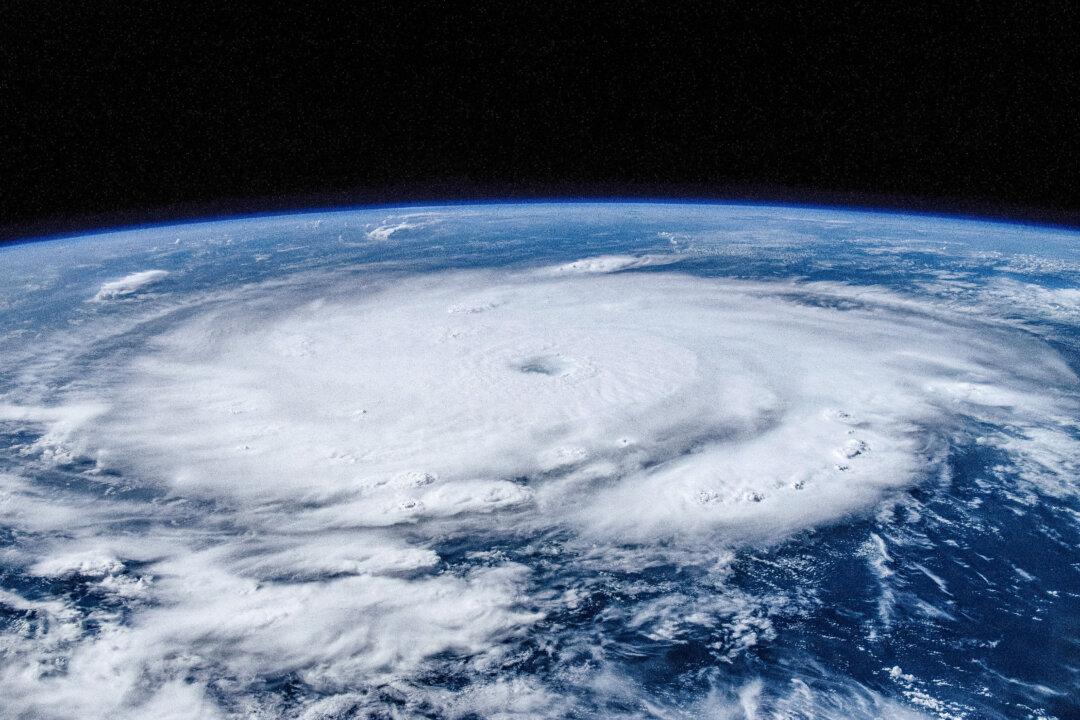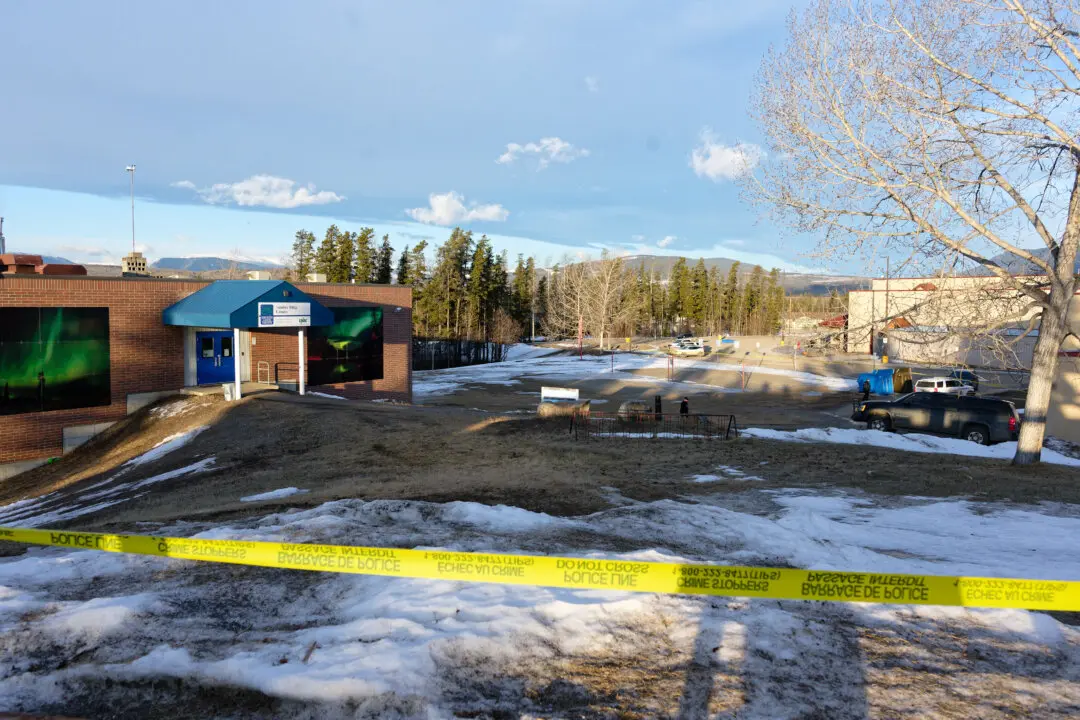Canadians are being warned against non-essential travel to Jamaica and several other countries in the region as Hurricane Beryl tracks across the Caribbean Sea throughout the rest of the week.
The Global Affairs Canada notice advises Canadians visiting the island country to “exercise caution,” monitor local news and weather reports, and follow the instructions of local authorities.





